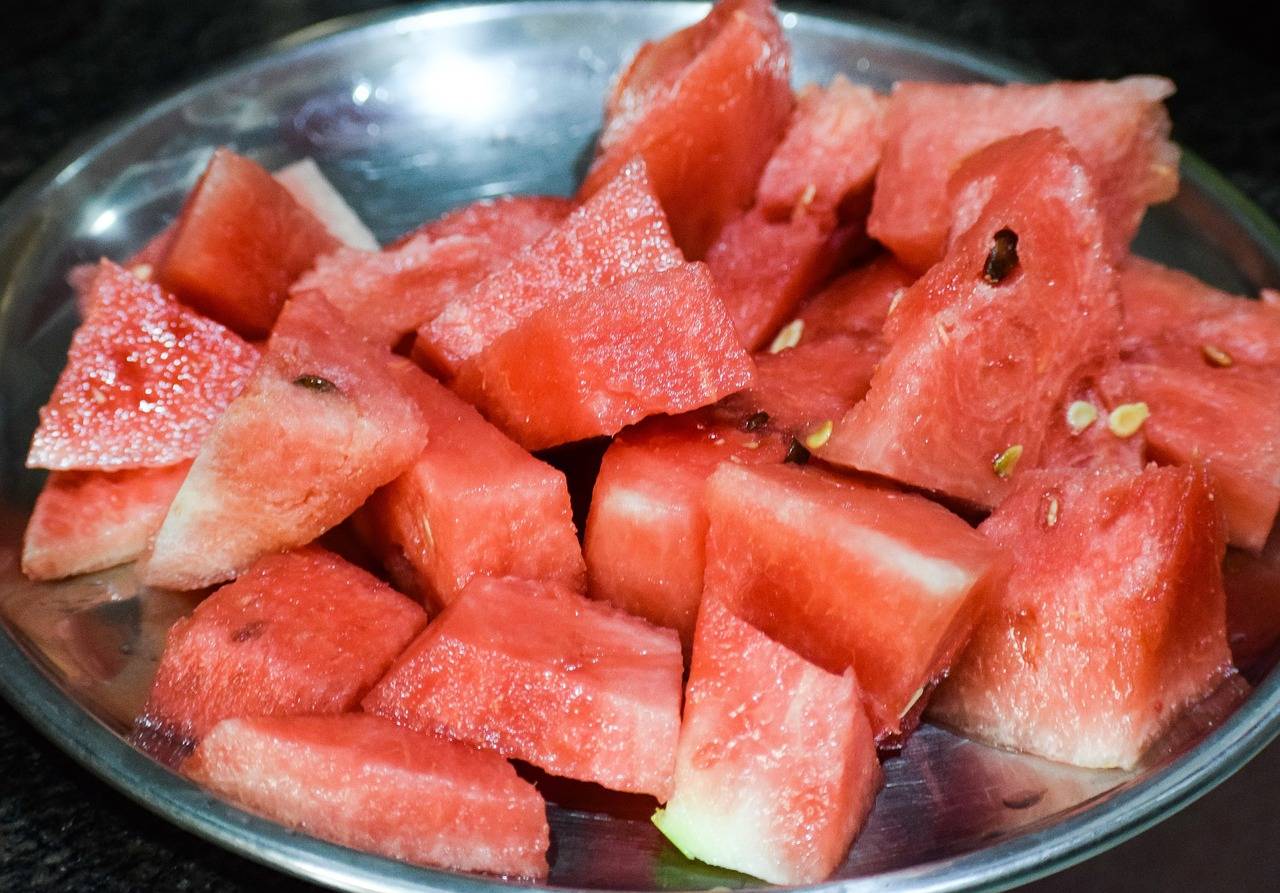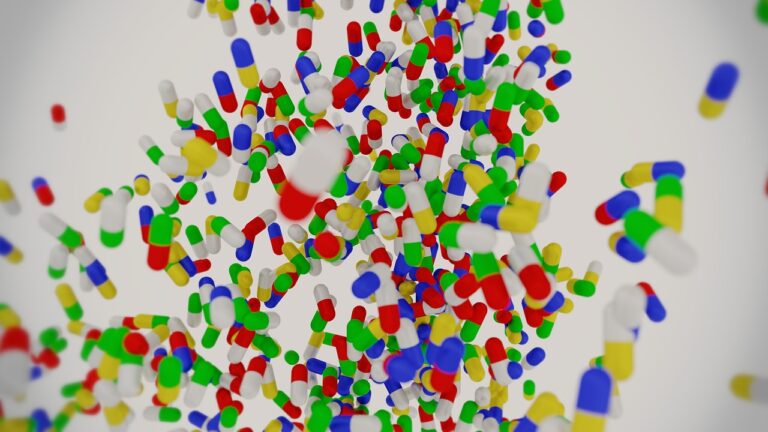Exploring the Link Between Nutrition and Liver Health
For many people, the liver is often an overlooked organ when it comes to considering the impact of diet on overall health. However, the liver plays a crucial role in processes such as metabolism, detoxification, and nutrient storage. A poor diet can lead to liver damage and dysfunction, impacting not only the liver itself but also other organ systems in the body.
A diet rich in whole foods, such as fruits, vegetables, whole grains, lean proteins, and healthy fats, can provide the nutrients necessary for optimal liver function. These foods are packed with vitamins, minerals, antioxidants, and fiber that support the liver in performing its myriad functions efficiently. In contrast, a diet high in processed foods, added sugars, unhealthy fats, and excessive alcohol can contribute to liver inflammation, fatty liver disease, and other chronic liver conditions.
Understanding the Role of Nutrients in Liver Health
Vitamins, minerals, and other nutrients play a vital role in maintaining optimal liver health. For instance, vitamin E acts as an antioxidant, protecting liver cells from damage caused by free radicals. It also supports the liver in its detoxification processes, promoting overall liver function.
Moreover, essential amino acids found in protein-rich foods are crucial for repairing liver tissue and supporting the production of enzymes that aid in digestion and nutrient absorption. A deficiency in these nutrients can lead to liver dysfunction and may increase the risk of developing liver diseases. Ensuring a well-rounded diet rich in vitamins, minerals, and protein is key to promoting liver health and preventing potential complications.
How does a healthy diet impact liver function?
A healthy diet plays a crucial role in maintaining optimal liver function. Nutrient-rich foods support liver health by providing essential vitamins, minerals, and antioxidants necessary for the organ’s detoxification processes.
Which nutrients are important for liver health?
Key nutrients for liver health include vitamin E, vitamin C, selenium, zinc, and antioxidants such as glutathione. These nutrients help protect the liver from damage and support its detoxification functions.
How can I incorporate liver-friendly nutrients into my diet?
You can incorporate liver-friendly nutrients into your diet by consuming a variety of fruits, vegetables, whole grains, lean proteins, and healthy fats. Foods like berries, leafy greens, nuts, seeds, and fatty fish are excellent choices to support liver health.
Are there any foods that should be avoided for optimal liver health?
Yes, certain foods high in saturated fats, refined sugars, and processed ingredients can contribute to liver damage and inflammation. It’s best to limit the intake of processed foods, sugary beverages, and fried foods for optimal liver health.
Can supplements help support liver health?
While it’s always best to obtain nutrients from whole foods, supplements can be beneficial for individuals with specific nutrient deficiencies or medical conditions that impact liver function. Consult with a healthcare provider before starting any new supplements for liver health.





